Colorado voters may face a November ballot measure asking whether the state can retain extra tax revenue to fully fund universal school meals and offset lost federal funding for food assistance programs.
The Legislature had already referred Proposition MM to the ballot earlier this year to boost funding for the Healthy School Meals for All program. During the current special session, lawmakers are considering Senate Bill 25B-3, which would tweak the measure to allow leftover funds to cover costs tied to the Supplemental Nutrition Assistance Program (SNAP).
“This measure ensures Colorado continues to step up where the federal government is stepping back,” said bill sponsor Katie Wallace (D-Longmont) before Friday’s Senate vote.
The bill passed the Senate along party lines and now moves to the House.
Background on the Funding Shortfall
The universal school meal program, approved by voters in 2022, is funded through limited income tax deductions on households earning $300,000 or more annually. However, the program’s costs have exceeded expectations, creating a $56 million shortfall last year.
To address this, lawmakers referred two propositions to this year’s ballot:
-
Proposition MM – Would raise about $95 million annually by impacting roughly 200,000 tax filers (6% of all filers).
-
Proposition LL – Would allow the state to retain about $13 million that would otherwise be refunded to impacted taxpayers.
If voters approve Prop MM, SB25B-3 would allow SNAP to benefit from any surplus funds after fully funding school meals.
SNAP and Federal Funding Challenges
Federal budget changes passed by Republicans in Congress in July could cut $50 million annually from SNAP due to new administrative costs and add $90M–$120M in state match requirements starting in 2027, according to Abby McClelland with the Food and Energy Assistance Division.
Currently, SNAP serves 617,000 Coloradans, distributing $120 million in monthly benefits.
Sen. Dafna Michaelson Jenet (D-Commerce City), another bill sponsor, urged voter support:
“The minimization of SNAP in the federal bill is cruel. We’re asking voters to allow any surplus from Healthy School Meals for All to cover SNAP’s shortfall.”
Republican Opposition
Republicans, however, raised concerns about efficiency. Sen. Lisa Frizell (R-Castle Rock) argued that the state should focus on managing SNAP more effectively:
“This is an important program for Colorado’s most vulnerable citizens, but are we administering it in the best way possible?”
The bill now awaits a House vote before heading to the November ballot.

Katie is a senior who has been on staff for three years. Her favorite type of stories to write is reviews and features. Katie’s favorite ice cream flavor is strawberry.


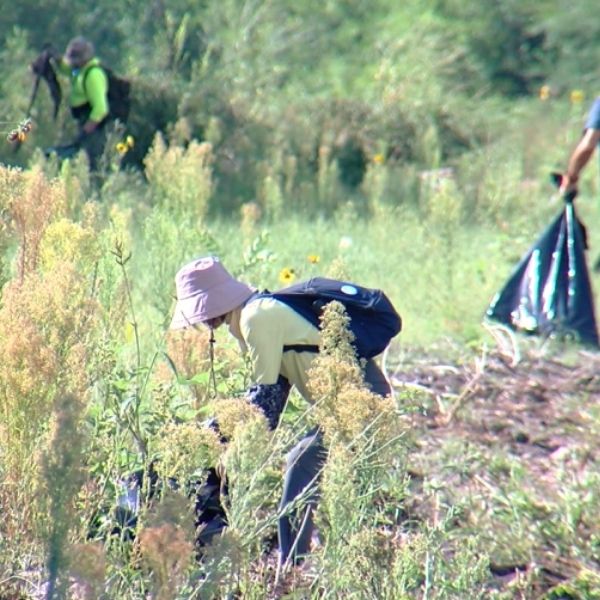


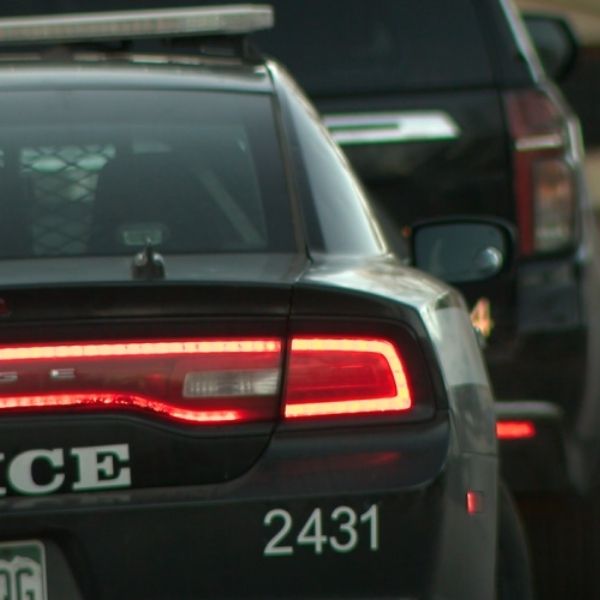
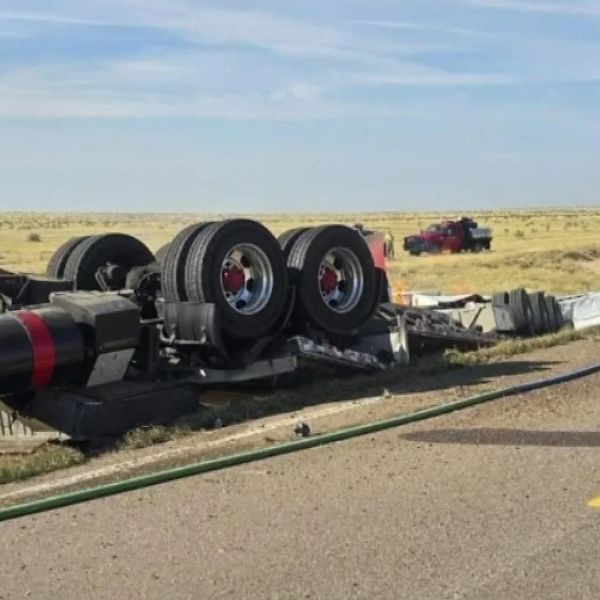

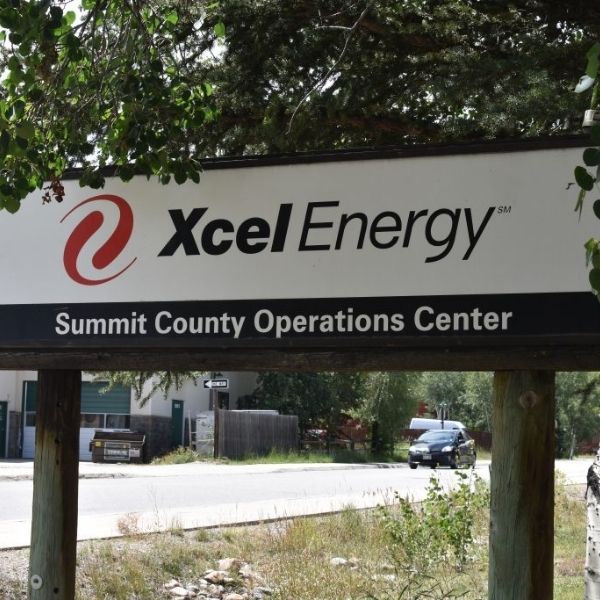
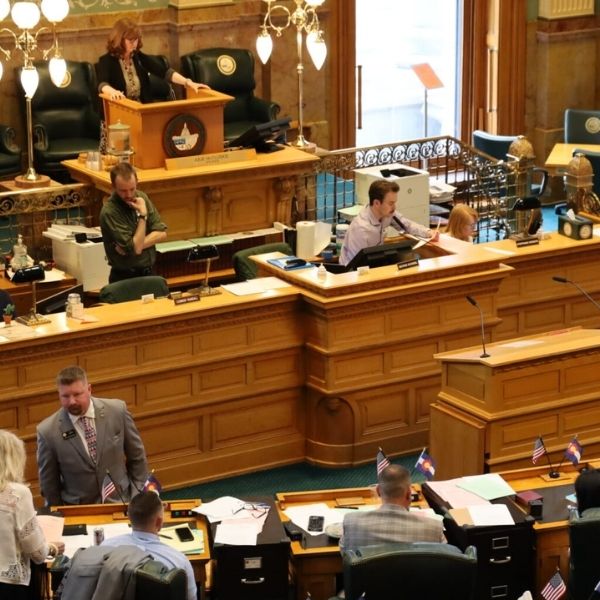

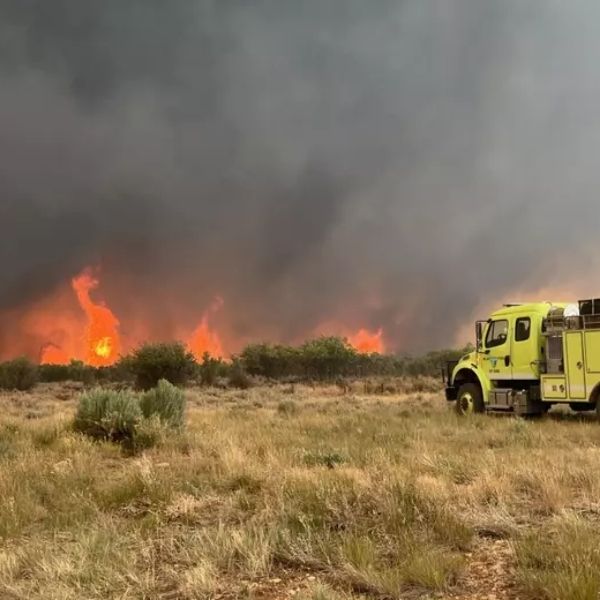



Leave a Reply